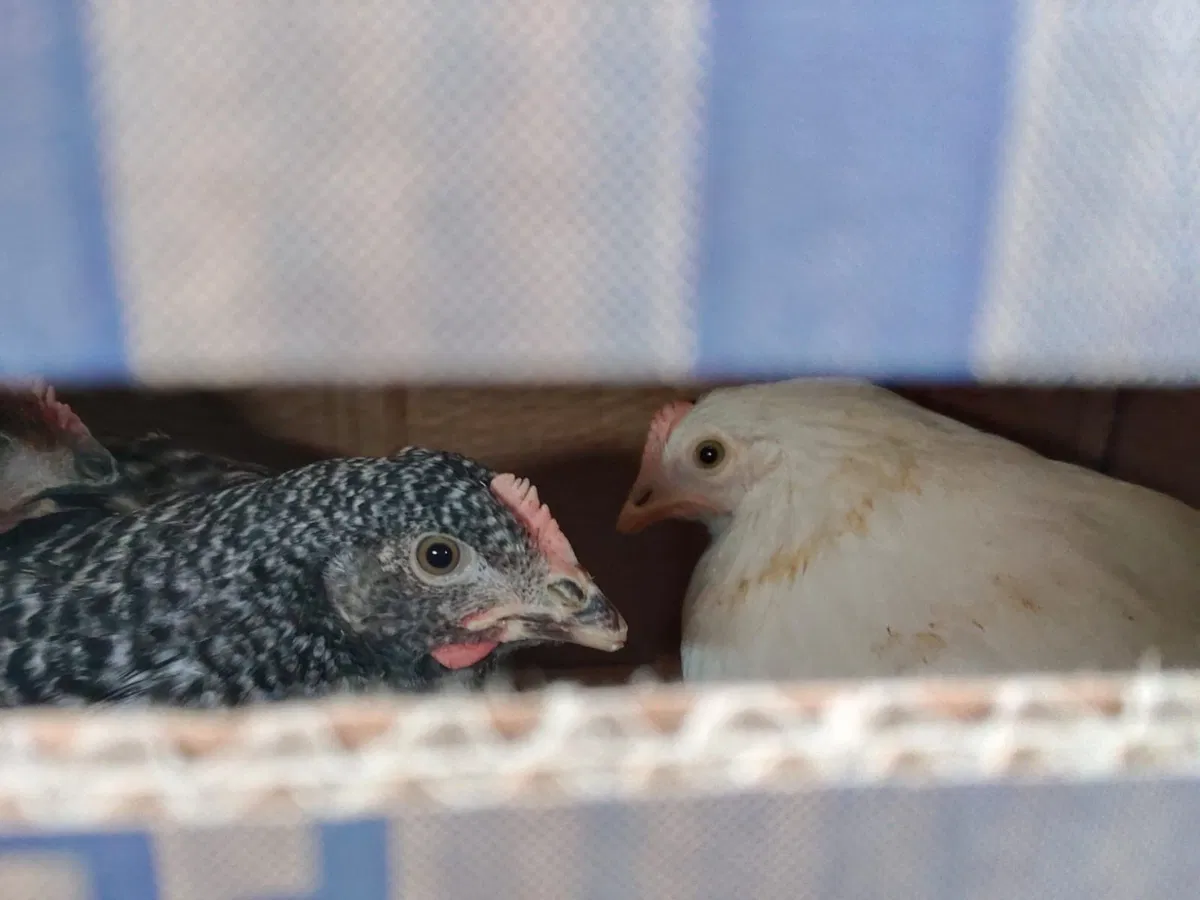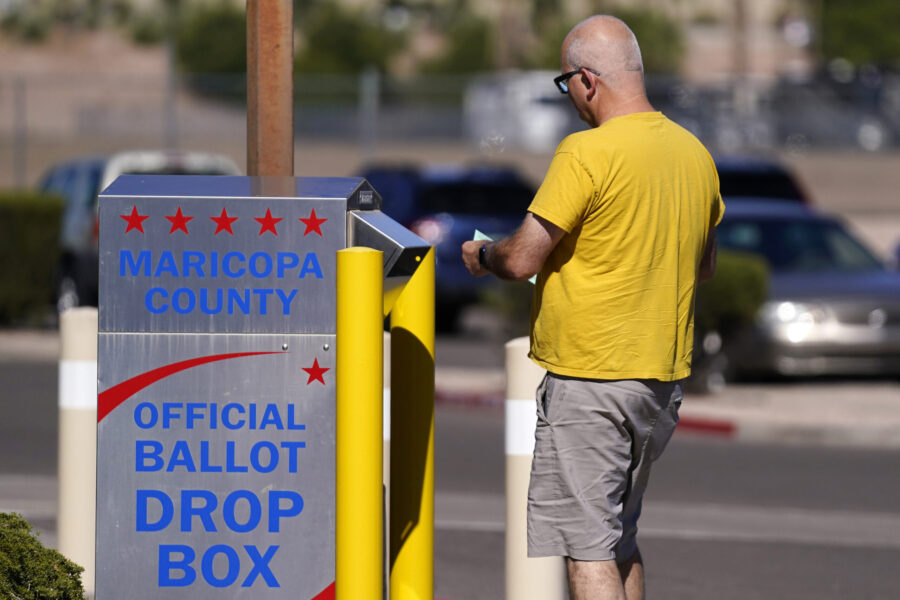Copyright euroweeklynews

The Spanish Government has implemented strengthened biosecurity measures to limit the spread of avian influenza (bird flu), following increased detections in both wild bird populations and domestic poultry across Europe. As part of a national prevention strategy, the rearing of poultry outdoors is now restricted in officially designated high-risk and surveillance zones, where migratory birds present a higher likelihood of carrying the virus. This decision comes in response to updated epidemiological reports that show heightened circulation of avian influenza in several European regions. While Spain has recorded fewer serious outbreaks compared to some neighbouring countries, authorities maintain that early, preventative action is necessary to avoid major losses to the poultry sector and reduce potential health risks. Understanding the Restrictions Interaction Between Domestic and Wild Bird Populations The core concern behind the measures lies in the transmission pathways between wild birds and domestic flocks. Migratory birds can carry avian influenza viruses without showing signs of illness, releasing them into the environment through droppings and secretions. When free-range or backyard poultry have access to outdoor areas also frequented by wild birds, the possibility of indirect infection increases. However, it is important to note that the restriction is not an absolute ban. Outdoor rearing may still take place if farms install protective coverings or netting that prevents contact with wild birds, and if feeding and watering systems are placed indoors or fully shielded. Where such protective measures cannot be guaranteed, poultry must be kept indoors temporarily. Impact on Poultry Farmers Supporting Adaptation and Maintaining Animal Welfare For many farmers, particularly those who rear birds under free-range, organic, or traditional systems, these new measures require practical adjustments. Some have raised concerns about maintaining welfare standards when housing birds indoors for extended periods, as well as the costs associated with installing approved protective structures. The Spanish Ministry of Agriculture has indicated that technical guidance will be provided to farmers in affected areas. This includes support in improving indoor ventilation and lighting, maintaining appropriate stocking densities, and reinforcing hygiene routines. Those farms already operating closed housing systems will likely experience fewer disruptions, but smaller or rural farms may face a more significant transition period. Public Health and Monitoring Ensuring Early Detection and Low Risk to Humans Though avian influenza primarily affects birds, a very small number of human infections have been reported internationally, almost exclusively among individuals in direct and prolonged contact with infected birds. Spanish health authorities emphasise that the general public is at very low risk, but remain vigilant in monitoring changes in the virus that could increase transmissibility. Veterinary surveillance networks and local health services have been placed on heightened observation status. Rapid reporting protocols are in place to allow swift containment should any new outbreaks occur in domestic flocks or wildlife reserves. Key Points: Spain has strengthened biosecurity measures in response to increased avian influenza activity in Europe. Outdoor rearing of poultry is temporarily restricted in high-risk and surveillance zones, unless flocks are protected from wild bird contact using approved netting and controlled feed/water access. Farmers will receive guidance on maintaining welfare and adapting facilities. Public health risk remains very low, but monitoring continues as a precaution. Ongoing Seasonal Management and Future Planning Experts anticipate that avian influenza will continue to appear seasonally, particularly during migratory periods. As such, longer-term strategies may involve expanding wild-bird monitoring, improving farm-level protective infrastructure, and continuing research into effective vaccination programmes for poultry. The Spanish Government’s measures reflect a proactive approach designed to shield the agricultural sector, maintain animal health, and protect broader public wellbeing. While some adjustments may be challenging for farmers accustomed to open-air practices, these steps aim to prevent more severe consequences, such as widespread flock losses or trade disruptions. Continued collaboration between farmers, veterinarians, wildlife researchers, and public health authorities will be essential in sustaining resilience against future outbreaks and ensuring a balanced approach between animal welfare and disease control.



